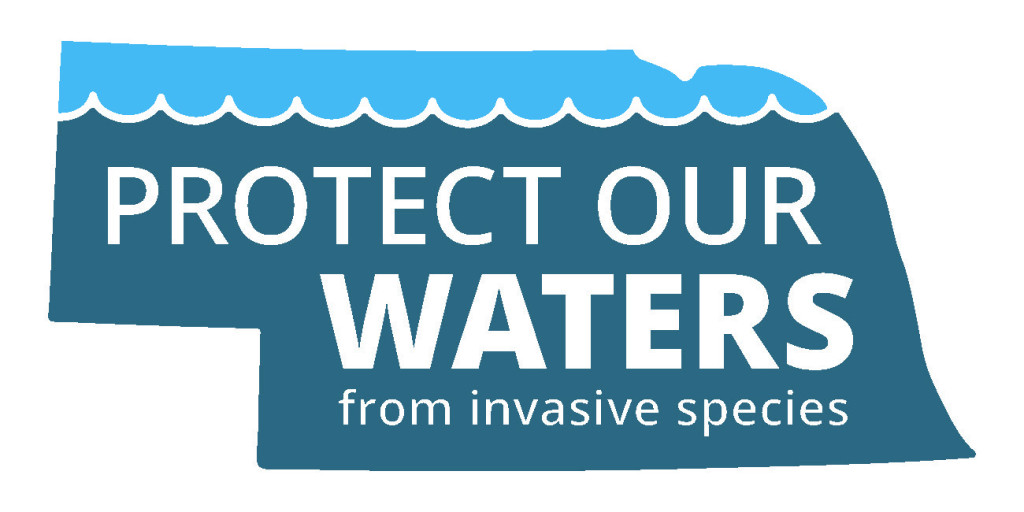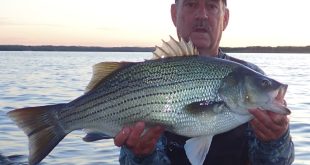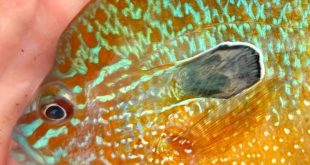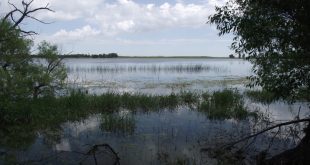We are on the eve of the big kick-off weekend for Summer 2022! Great time for a reminder:
After record year, Game and Parks reminds boaters to help stop aquatic invasive species
While many Nebraskans are eager to enjoy Memorial Day weekend boating, the Nebraska Game and Parks Commission urges them to be wary of pesky hitchhikers that invade the state’s waters.
To prevent the spread of aquatic invasive species, Game and Parks watercraft inspectors will be checking boats before they launch at lakes around the state. If zebra mussels are found attached to the boat, it will not be allowed to launch.
Last year Game and Parks inspected more than 2,000 watercraft, a record number in the state’s history. Three boats were found having zebra mussels attached.
A zebra mussel is a highly invasive aquatic species that looks like a D-shaped clam, with alternating light and dark bands. Most zebra mussels are less than an inch long. They form dense colonies and filter large quantities of plankton from water, decreasing the food supply for native species.
In addition, these mussels pollute swimming areas with sharp shells and clog water intake pipes. The Missouri River has an existing zebra mussel population along its entire length downstream of Gavins Point Dam. Lewis and Clark Lake, Lake Yankton and the Offutt Base Lake are the only other confirmed Nebraska waters that have established zebra mussel populations.
Zebra mussels can live up to two weeks out of water and young zebra mussels – or veligers – are invisible to the naked eye and can be spread through any water left undrained. Boaters should clean all visible plants, mud, or animals, drain all water within the boat, including the motor, and dry their boat for five days before going to another water body.
Game and Parks regulations require anglers, hunters and boaters conduct clean, drain and dry procedures before leaving a water body and are not allowed to arrive at a water body with any water from another water body.
In addition, Game and Parks detected invasive aquatic plants in 17 new water bodies across the state. Invasive aquatic plants can spread through tiny leaf fragments from water body to another.
“We’re asking the public to help us protect our waters from invasive species,” said Kristopher Stahr, Game and Parks’ aquatic invasive species program manager. “We need everyone to always clean, drain, and dry their watercraft and to report new infestations quickly. It only takes one person introducing an invasive species to destroy a lake for everyone”.
Visit stopaquatichitchhikers.org for more details on the Clean, Drain and Dry procedure and neinvasives.com for information about invasive species in the state.
The public is encouraged to report any suspected observation of zebra mussels or other aquatic invasive species to Game and Parks at 402-471-7602 or at ngpc.ais@nebraska.gov.
Remember to Clean, Drain, and Dry, every time, all the time!
 Nebraskaland Magazine
Nebraskaland Magazine




